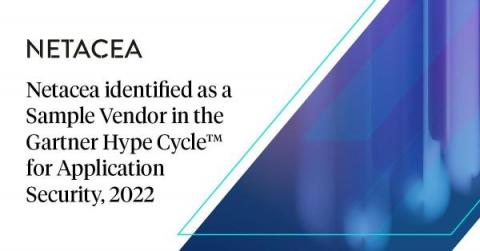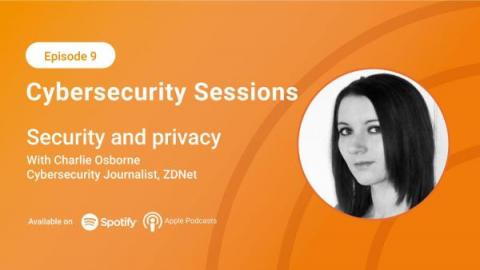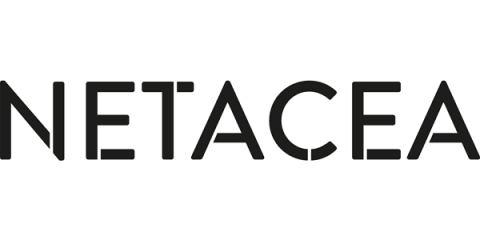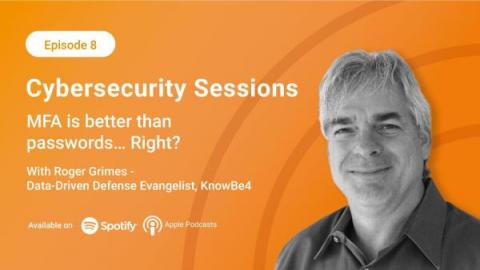Uncovering the scraper bots plaguing APIs
Most cyber threats — like credential stuffing and card cracking — are committed by fraudsters with the aim of stealing money, data, or both. The law is clear on these cyberattacks: online fraud is illegal. But unlike these overtly malicious threats, web scraping isn’t always illegal, or even unethical. Aggregator sites like travel agencies and price comparison websites use scraper bots to help customers find the best deals.











